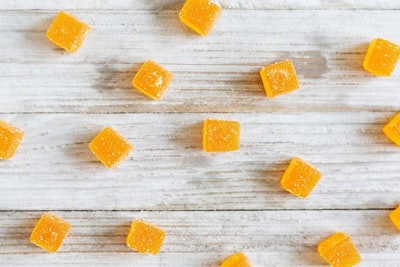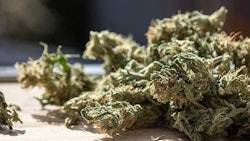
As the global hemp industry tilts toward consumer trends, the market for infused food and beverages is clearly wide open for innovation. But like all other new food and beverage products, the regulatory hurdles for hemp-infused seltzer, let’s say, are complicated and expensive to leap.
The European Industrial Hemp Association (EIHA) has announced plans to bring private businesses together as the Novel Food Consortium to front the costs for research and pre-market safety assessments on the continent. It’s a move meant to accelerate the legal supply for this growing market sector.
In January 2019, according to the EIHA, the European Commission rewrote its policies on what constitutes a “novel” food product—meaning “any food that was not used for human consumption to a significant degree” before 1997. These novel foods must be rigorously assessed before being allowed for human consumption now. The January 2019 revision removed CBD-rich hemp plants from its list of approved foods, moving the industrial hemp plant into the “novel” category and subjecting it to costly safety regulations.
The new Novel Food Consortium will submit a joint application for pre-market safety assessments and share the cost (along the lines of €350,000 to €500,000). All members of the EIHA will be members of the Novel Food Consortium, and all applications and product distribution plans will be overseen by a new German corporation: EIHA projects GmbH.
“We only stand a chance if we jointly bear the exorbitant costs for the necessary toxicological studies and the long procedure ahead of us,” EIHA president Daniel Kruse said in a public statement. “This would not be affordable for a single hemp company.”
In the broader sense of the issue, the EIHA is setting out to prove that “hemp flowers, leaves and extracts have been consumed as food for centuries and that the so-called ‘low-THC’ varieties, defined as industrial hemp, have always contained cannabidiol (CBD)”—that this is not a “novel” food, in other words.


























